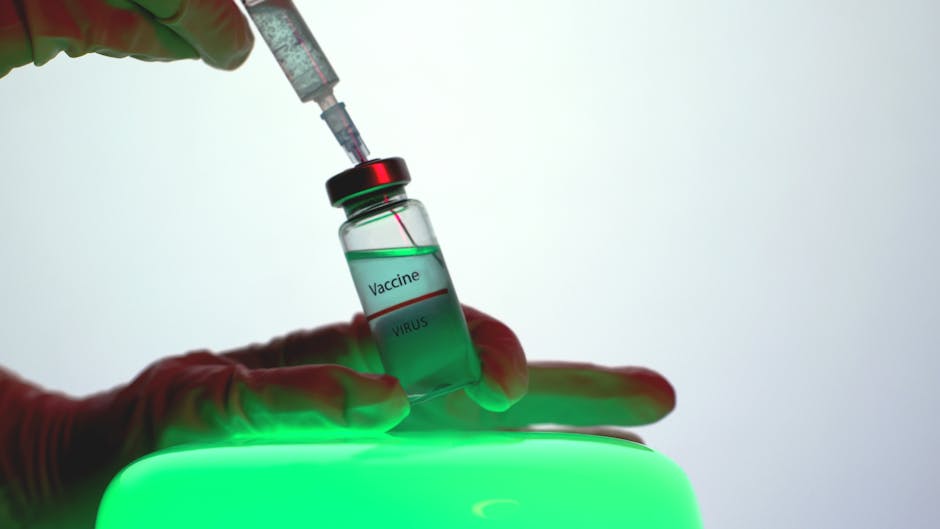What Is 3383466787?
Let’s start simple. The number 3383466787 is most likely a unique identifier. These show up everywhere: customer accounts, transaction records, helpdesk tickets, even database entries. They serve one core function—distinction. Every unique ID like 3383466787 allows a system to quickly reference a thing: you, your order, or your last conversation with customer support.
The power of unique IDs is in speed and simplicity. Systems work faster when identifiers are clearly structured and unique. For humans, they’re a little meaningless (and hard to memorize), but for machines, they’re gold.
Why You’re Seeing It
If this number came to your attention, it’s probably part of a message, notification, or document. Some common reasons include:
A customer support ticket or reference number A mobile number (less likely, but possible) An internal reference code used by an app or service you interacted with A software log or database record
To figure out exactly what 3383466787 is pointing to, context is everything. Look at where you saw it. Was it in an email? On a receipt? During troubleshooting? Trying to decode it without context is like trying to find a house without an address.
What To Do With It
Once you’ve identified where this number came from, here’s what you can do:
If it’s a support ticket or case number: Use it when talking to the associated customer service. It’ll fasttrack your conversation. If it’s a phone number: Do a reverse lookup or ask the person who gave it to you. If it’s a systemgenerated ID: Don’t delete it. Digital services often rely on users supplying this ID to trace bugs, errors, or order histories. If it shows up with no helpful context: Search your inbox or account for it. Often, platforms tie numbers like 3383466787 to a user profile, and it becomes visible again in the right screen or setting.
Protecting Numeric Identifiers
Here’s the unspoken truth: IDs like this can sometimes be sensitive. Many people share them accidently in screenshots or messages, and that opens the door for phishing or fraud. Even if 3383466787 seems harmless, it’s good practice to treat all numbers tied to your account or activity with care.
Don’t post them publicly. Don’t send them to people you don’t know or trust. And if anyone ever asks for the number along with personal info, take a pause—it might be a scam.
Systems Love These Numbers
From the technical side, systems process and sort data using identifiers. That data could be user preferences, product history, issue reports—whatever’s needed to create a personal and efficient flow. A number like 3383466787 is neat and makes automation much easier.
Let’s say you’ve filed a complaint with a company. The moment your report is logged, it’s given a numeric code. That code unlocks the digital drawer where your issue lives. Without it, solving your problem takes longer.
When It’s Just a Placeholder
Sometimes, numbers like this are just filler. Developers and testers use 10digit numbers all the time for mockups and sandbox environments. If you’re building a product, you might toss in a test user ID like 3383466787 to run through workflows. So if you’re tinkering in staging environments or nonlive apps, seeing a number like this isn’t odd—it’s expected.
Clean Code and Data Discipline
From databases to apps, keeping track of unique IDs like 3383466787 reinforces precision. When systems scale, loose naming conventions become a nightmare. Clear, disciplined identifier generation ensures traceability and clarity.
An ID isn’t just a number. It’s accountability. Teams can align better. Audit trails stay intact. And users get smoother experience.
When You Should Act
So you’ve seen 3383466787 pop up and now you’re wondering if you should do anything. Here’s the checklist:
You recognize the context: Use the number as directed. You don’t recognize it: Search across your accounts for matches. It looks like a scam or spam: Report it or ignore it. It’s repeatedly showing up: Could be an error or repeated notification. May warrant a quick inquiry to the source system.
Things to Avoid
Don’t assume all numeric strings are safe to share. Don’t ignore numbers if they appear in billing, legal paperwork, or account statements. Don’t treat identifiers like passwords—but also don’t treat them casually.
Final Thought on 3383466787
In a datadriven world, numbers like 3383466787 aren’t going away. They’re essential to making technology efficient, fast, and personalized. They represent systems at their most efficient: doing a lot without clutter.
Next time you see something like this, now you know—don’t ignore it. But don’t obsess over it either. Just respect the way numbers order the digital world and use them when needed.
And if you’re still wondering what 3383466787 is in your case? Start with the source. Then follow the trail.




